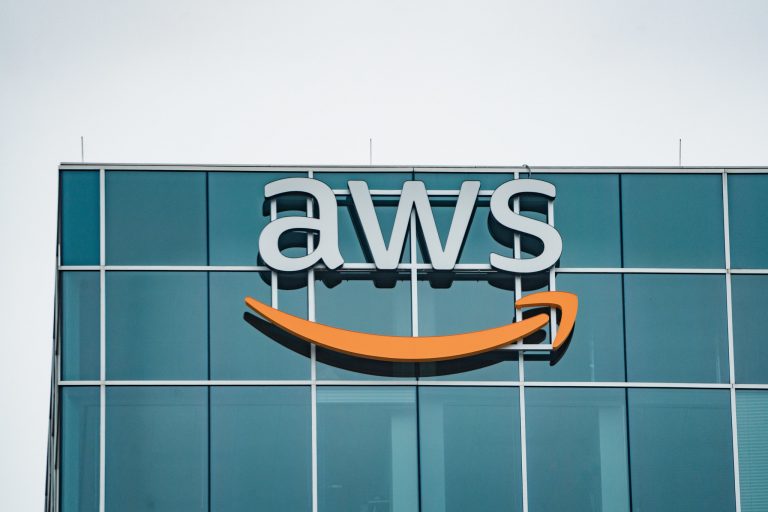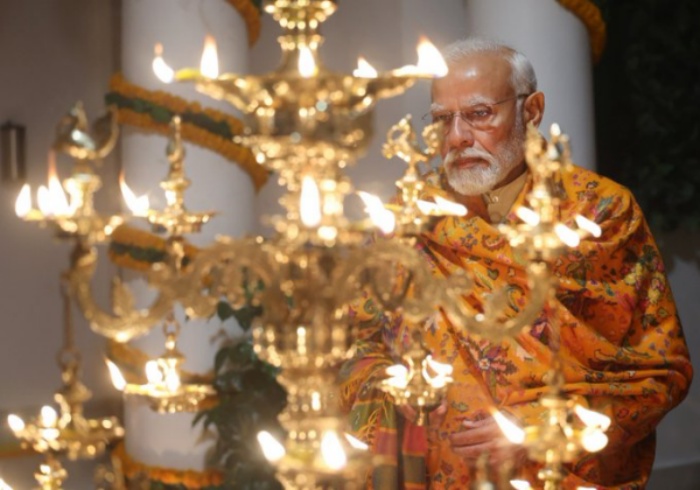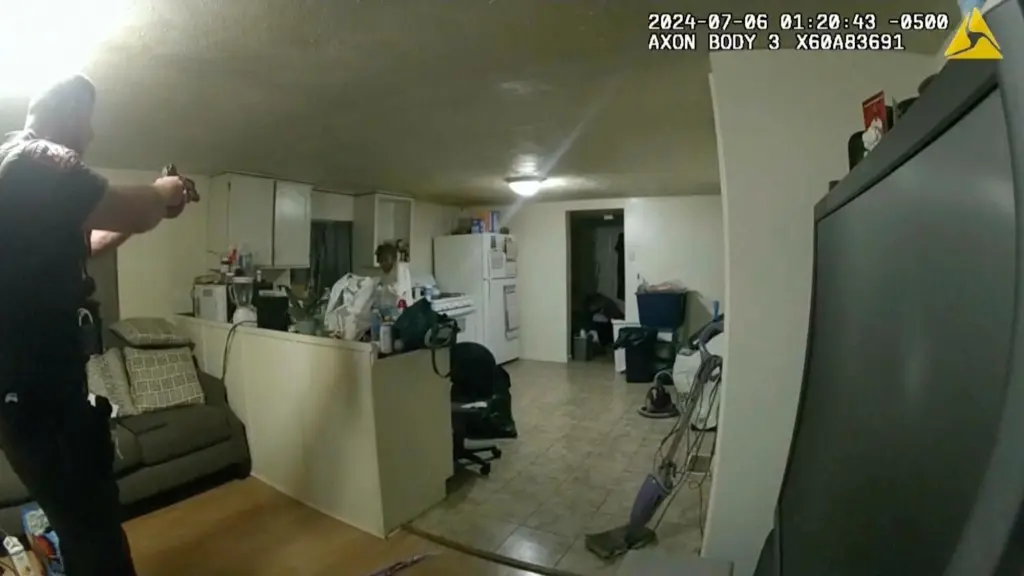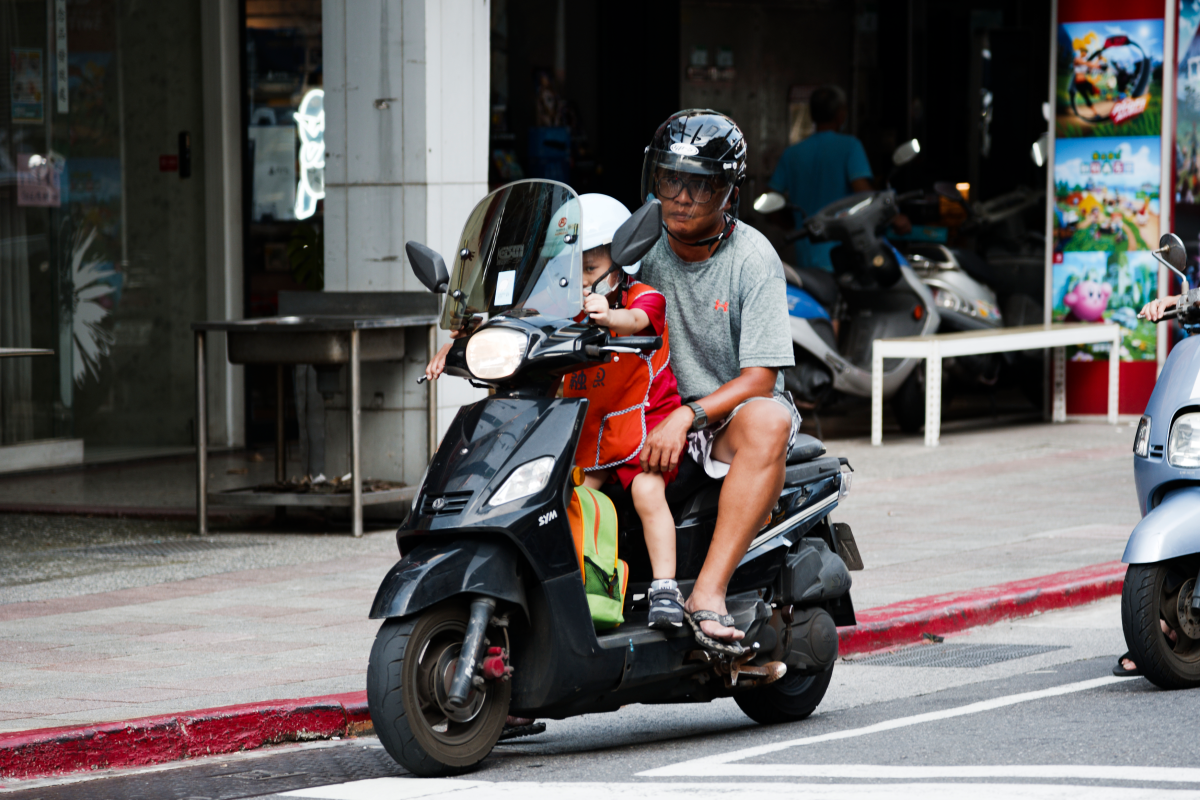Copyright The Boston Globe
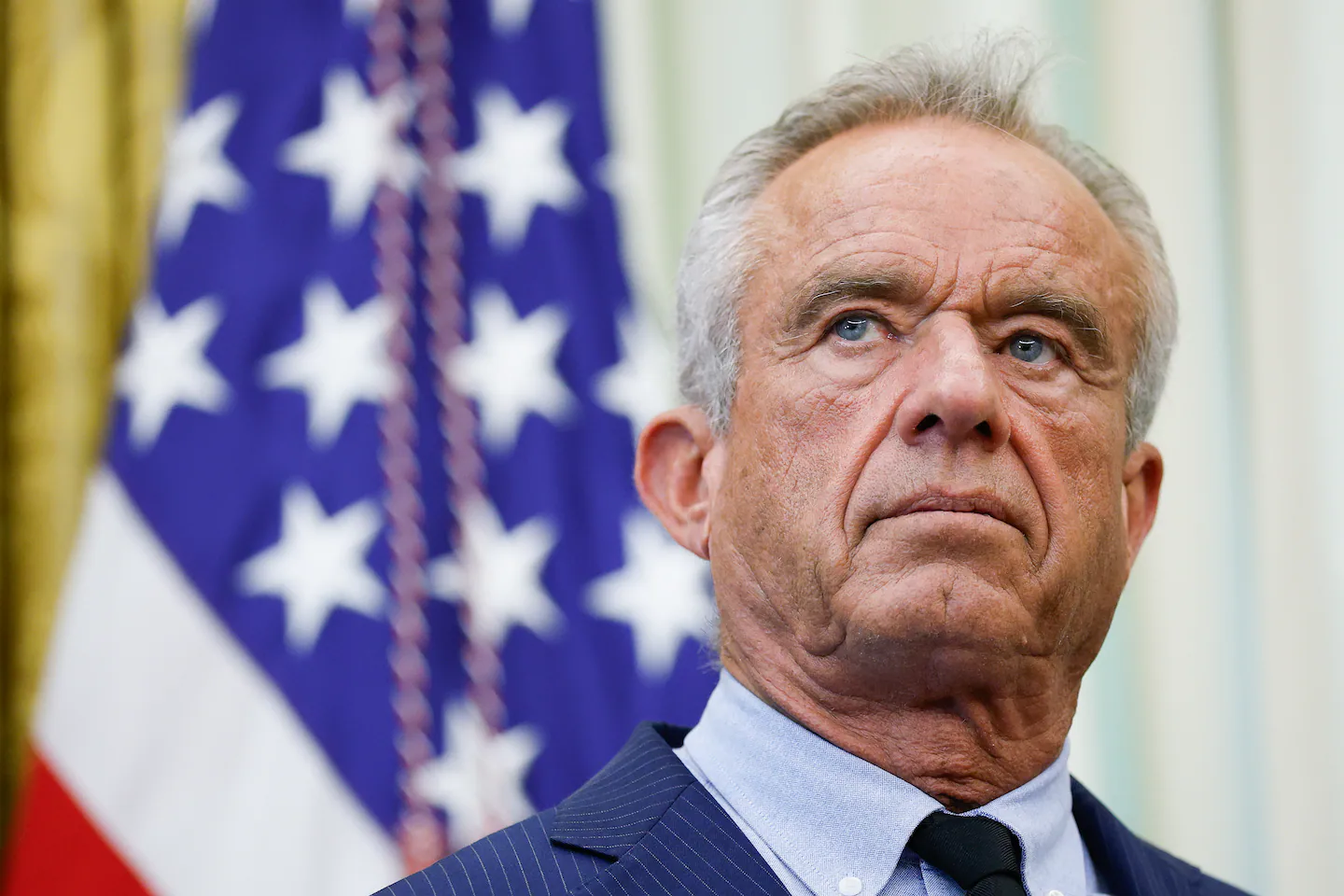
The Frontline documentary opens in dramatic fashion, examining the waning days of Kennedy’s struggling 2024 presidential campaign and how the shooting of President Donald Trump at a rally in Pennsylvania led to him dropping out of the race. “The moment that Donald Trump was missed by the bullet... I just thought, ‘He just won the presidency of the United States of America,’” Del Bigtree, Kennedy’s campaign communications director, says in the documentary. Advisor Calley Means describes in the documentary how he worked with Tucker Carlson to connect Kennedy with Trump on a call as he was leaving the hospital shortly following the shooting, with Bigtree recalling how the president wanted to talk to Kennedy about working together. Bigtree says that the call “really sunk deep into Bobby,” and that Kennedy’s team was surprised that he was considering teaming up with Trump. Later in the documentary, Kennedy’s friend Gavin de Becker explained how the candidate’s family opposed him joining Trump, with Bigtree describing an “intense” meeting at the Kennedy compound on Hyannis Port prior to him dropping out of the race. Despite resistance from his team, including Bigtree, Kennedy would ultimately decide to end his campaign in order to have a role in the Trump White House. “The Rise of RFK Jr.” offers an intimate look at Kennedy’s upbringing, including his time growing up as one of 11 children at the family’s Hickory Hill home in Virginia, where he developed an interest in the outdoors, which his biographer Dick Russell says was largely due to his father’s influence. The film shows the assassination of Kennedy’s father having a profound impact on him as a young teen, with his mother, Ethel, struggling to comfort Kennedy and his siblings. The documentary portrays his relationship with his mother as contentious, with a young Kennedy getting shipped to (and kicked out of) boarding schools, including the elite Pomfret School in Connecticut. His former classmates recall in the film that Kennedy was a bit of a loner in his youth, eventually turning to drugs, leading to his high-profile arrest at 16 in Barnstable for drug possession. The controversy didn’t prevent Kennedy from attending his family’s alma mater, Harvard, where his struggles with drug addiction continued, and he began using cocaine and heroin. Interviews with his friends make clear that Kennedy was able to keep his drug addiction from the public eye for many years, until his arrest in 1983 in South Dakota for heroin possession. His younger brother, David, would die of an overdose in Florida shortly after the arrest. Kennedy would turn his life around in the late ‘80s and early ‘90s following a stint in rehab, practicing environmental law and marrying Mary Richardson following his divorce from Emily Black. But according to the documentary, even this upswing was marred by Kennedy’s sex addiction and infidelity. The film also features an interview with Eliza Cooney, who had accused Kennedy in a 2024 Vanity Fair article of sexual assault during her time as a babysitter for his kids. Following strains in their marriage, Kennedy would file for divorce from Richardson in 2010. Tragedy would strike again in 2012, when Richardson was found dead by suicide in her New York home. The documentary explores Kennedy’s anti-vaccine views, and in particular, how he drew the ire of scientists for writing a since-retracted 2005 Rolling Stone article that claimed that vaccines with thimerosal contained mercury and cause autism. The criticism over the article and his views seemingly set a fire under Kennedy, who has increasingly embraced the anti-vaccine movement and other conspiratorial views (such as questioning the story around his father’s killing), causing rifts within the Kennedy family, with many them making explicit their support of President Joe Biden, whom they endorsed over him during the 2024 election. “It was designed to send a message and I think it did the job,” Stephen Kennedy Smith, Kennedy’s cousin, says in the documentary, describing the family’s efforts to distance themselves from his presidential run over his controversial views. While his anti-vaccine stance had made him a pariah in certain circles, the documentary shows how Kennedy found renewed support in the COVID era, as some people started to question the government and public health policies during that time. Social media would play a big role in amplifying his message and political presence, turning Kennedy into one of the faces of the opposition to COVID vaccines. Despite being banned from social media platforms including Instagram over accusations of misinformation during the COVID era, Kennedy was able to have his accounts reinstated after announcing his run for president, gaining even more prominence in anti-vaccine circles, and increasing his follower count. And while he would end his campaign, Kennedy has grown the influence of the “Make America Healthy Again” movement since teaming up with Trump and his administration. The documentary features interviews with several scientists who’ve left the government and are sounding the alarm over Kennedy and massive job cuts he implemented at agencies like the Food and Drug Administration and Centers for Disease Control, as well as funding cuts for various research initiatives, since taking over as HHS secretary. Dr. Fiona Havers, a former CDC vaccine expert, said in the film that it was “chilling” when the FDA’s top vaccine regulator, Dr. Peter Marks, who had worked on Operation Warp Speed, was pushed out from his role. “They’re shadows of their former selves,” Marks says about the gutting of health agencies and major policy changes under Kennedy. “They’re clearly not doing this in good faith anymore,” Havers said of her decision to leave her role. “They’re not playing by the rules. They’re not using gold standard science. They’re not using evidence.” Dr. Paul Offit, a former vaccine advisor to the FDA, calls Kennedy a “man on a mission” in the documentary and says that he wants to make vaccines “less available, less affordable, and more feared,” going on to say that, “if he had an opportunity, he would eliminate vaccines.” “CDC is in a bad place,” says Dr. Demetre Daskalakis, former CDC immunizations director, about the agency’s recent changes, including the departure of CDC director Susan Monarez. “Right now, it’s coding in the ICU. It’s on life support.”
